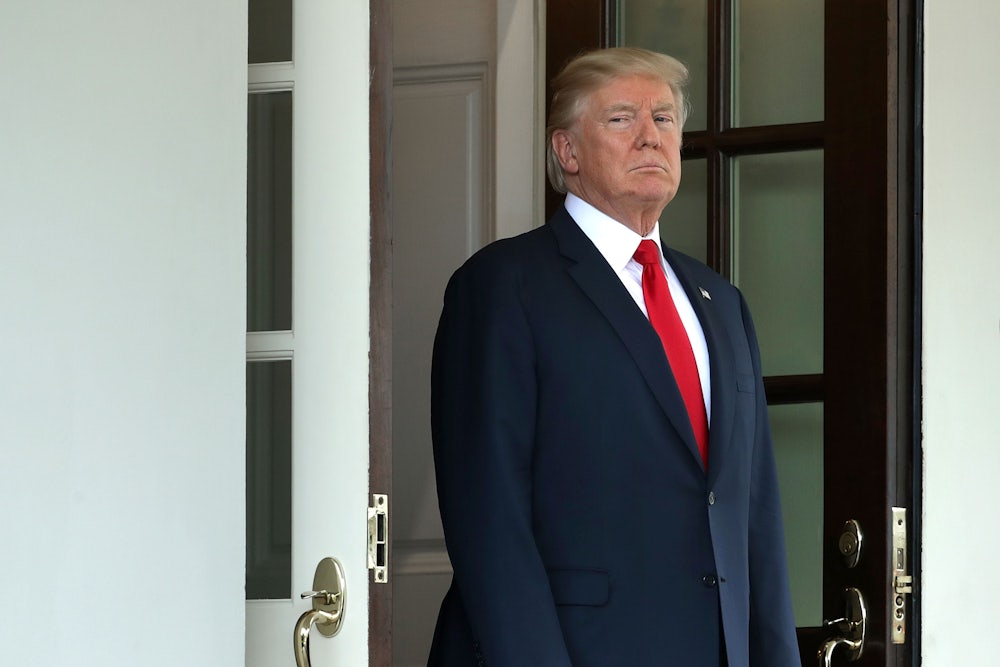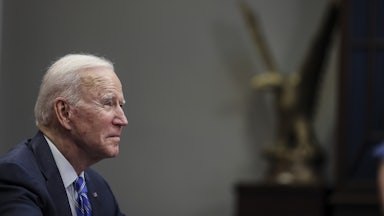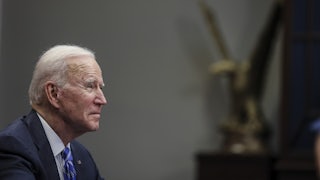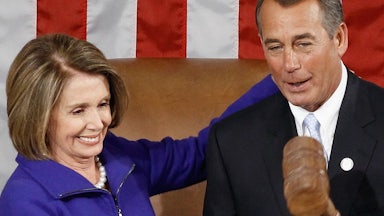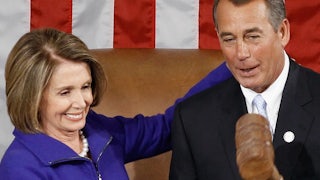High-flying journalist and author Bob Woodward once again has the Beltway buzzing over a Donald Trump book. Peril, co-authored by Washington Post reporter Robert Costa, is Woodward’s third book on the former president in as many years and focuses on the president’s final, desperate days in office. Its biggest revelation thus far is that General Mark Milley, the chairman of the Joint Chiefs of Staff, was so worried Trump might order a military strike against China to cling to power that he acted behind his back to thwart such a possibility and even, in two back-channel phone calls, reassured China’s top general.
While the usual caveats about Woodward’s reportage apply, the incidents he describes are disturbing on multiple levels. It perhaps comes as no surprise that Trump’s level of mental instability was peaking after his election loss; throughout his term in office, there were constant worries about the destructive power he had at his disposal. By the same token, Milley’s actions should be understood as a problem in their own right: an abruption of the chain of command and his constitutional role. The public deserves assurances that these abuses of power, and the equally illiberal means by which they were countered, will never happen again.
But Trump’s wild-eyed notions about presidential power, while extreme, did not spring wholesale from his imagination. It was Trump’s predecessors, and ultimately Congress, who put these ideas into his head.
One week after the September 11 attacks, Congress enacted the Authorization to Use Military Force, or AUMF, granting the president the authority to deploy whatever “necessary and appropriate force” he deemed fit to prosecute the global war on terror, up to and famously including the use of our armed forces to topple governments that aided and abetted terrorism.
Twenty years on, it’s clear that the most significant regime change wrought by the AUMF was here at home, as the executive branch, taking Congress’s cues, has amassed unrestricted war-making power. Long before Trump came along, Presidents George W. Bush and Barack Obama exploited the seemingly infinite elasticity of the AUMF to expand the reach of the war on terror to many nations beyond Afghanistan, fighting an ever-shifting gang of spectral enemies in increasingly bloodthirsty and unaccountable fashion. In 2014, BuzzFeed’s Gregory D. Johnsen called the AUMF “the most dangerous sentence in U.S. history.” A year later, The Atlantic’s Russell Berman referred to the AUMF as “the modern-day equivalent of a declaration of war.”
The U.S. Constitution vests Congress with the sole authority to declare war. But when Berman surveyed the scene, he was dismayed to find that “lawmakers lack the appetite to take responsibility” for the way the AUMF has dramatically expanded the president’s power. The truth is that Congress benefited from this arrangement and had little incentive to change: By shrugging off their responsibilities, lawmakers were allowed to retire to the cheap seats where, like a latter-day Statler and Waldorf, they take credit when the wars are going well and offer a heckler’s riposte when they’re not. It’s a great arrangement for legislators in both parties and their electoral hopes; less so for the American people, who effectively have no means of voting down the war machine.
TNR’s Matt Ford argued, ahead of the 2020 presidential election, that Congress should take action to weaken the presidency. Repealing the 2001 AUMF would be a crucial step toward that goal. President Joe Biden supports the repeal of the 2002 AUMF, which is specific to Iraq, but has been more coy about its predecessor; there are subtle indications that he supports leaving something more narrowly constrained in place. There reportedly was slow but substantial progress in repealing the 2001 AUMF earlier this year, but the Taliban’s resurgence in Afghanistan may have dimmed hopes for now, giving Republicans—aside from a few dissenters like Senators Rand Paul and Josh Hawley—political ammunition for their position that the terrorist threat to the United States has not diminished and the AUMFs are essential to the country’s self-defense.
The old joke about Bob Woodward’s books is that they arrive at bookstores too late to solve the problems they describe. But this time it’s different. Lawmakers who shudder at what Trump did during his final days in office have the chance to reflect on the mess they created—how their fecklessness over the past two decades handed unrestrained power to an unhinged commander-in-chief who, by some accounts, was willing to risk sparking a world war to save his political career. Now is the time to claw back some of that power, lest Trump win back the presidency and look to abuse that power again.
This article first appeared in Power Mad, a weekly TNR newsletter authored by deputy editor Jason Linkins. Sign up here.
